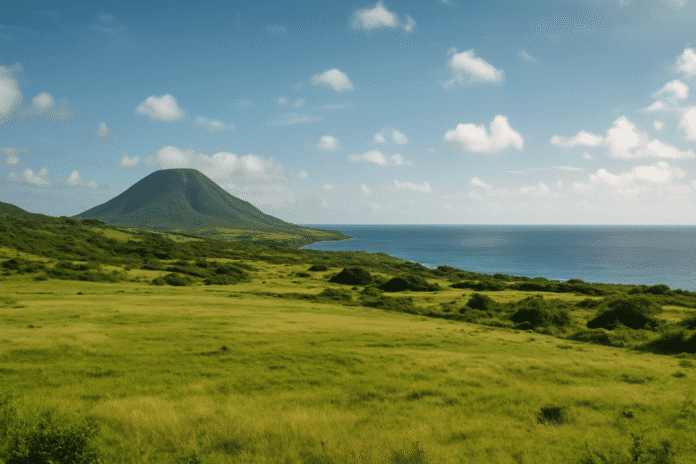There are few topics that ignite patriotic passions in our country quite like the issue of land. Whether it’s the sale, development, or ownership of land, discussions surrounding this precious resource never fail to stir emotion across the length and breadth of our twin-island Federation. For many of us, land is not merely property-it is identity, legacy, and belonging. We speak of ‘our navel string being buried here’ because land connects us to our roots in a way nothing else can.
Today, the topic of land is once again dominating public conversation on both St. Kitts and Nevis, particularly with discussions around the Special Syndicated Zone (SSZ) and proposed land development at the historic Fort Thomas Hotel grounds. As with many national matters, there is no shortage of opinions, interpretations and, unfortunately, misinformation. This makes it all the more vital that clear, accurate, and timely information is shared with the public. Land matters must be discussed with facts, not fueled by speculation or political spin.
Any conversation about land must remain open, inclusive, and focused on the collective interest.
On the topic of people empowerment through land ownership, the government this week began its land regularization handover ceremonies, directly impacting the communities of La Guerite in Basseterre, New Amsterdam in St. Paul’s, and Upper Monkey Hill in St. Peter’s. This initiative, which aims to formalize ownership for long-time land occupants, is a significant step toward providing security, stability, and generational wealth to families who have waited years-some decades-for official documentation of the land they have called home. It is a tangible reminder that empowerment begins when citizens have a stake in the soil beneath their feet.
Too often, our discussions about land devolve into political point-scoring, when they should be moments of collective introspection and national planning. Land is finite. Once sold, transferred, or mismanaged, it rarely returns to the hands of the people. This is why the stewardship of land-by government, private citizens, and investors alike-must always be guided by fairness, transparency, and foresight. Every generation inherits the responsibility to preserve the land not only as a source of livelihood and shelter but as a symbol of sovereignty and pride.
It is important, too, that citizens educate themselves and engage meaningfully in these discussions. Ownership and access to land are cornerstones of empowerment and social stability. If misinformation spreads unchecked, it can erode trust, divide communities, and undermine the very progress we claim to seek. The media, civil society, and policymakers all have a duty to foster informed debate-not heated rhetoric-about how our land is managed and shared.
At the end of the day, this is not just about plots and parcels; it is about who we are as a people and the kind of country we want to build. Land is everybody’s business because it holds everybody’s story-past, present, and future. Let us therefore guard it with wisdom, debate it with respect, and plan for its use with vision. In doing so, we safeguard not only our soil but also the soul of our Federation.




